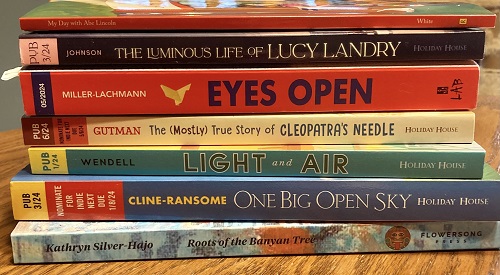Little Souls
In the winter dusk as Lutie walks home from work, a dying man lies on the ground, another victim of the influenza which has its grip on Denver in 1918. Handkerchiefs cover noses as passersby hurry on their way, knowing that nothing can be done without putting their own lives at risk. The circling death wagons will eventually pick up the body. A shaken Lutie arrives home to find the house in disarray and another dead man on the kitchen floor. Her sister, Helen, is holding a bloody ice pick while little Dorothy stands by.
Lutie and Helen had moved to Denver after the death of their parents to start a new life. They bought a house, renting out their basement to the Streeter family. Mr. Streeter was a violent man toward his wife and daughter, Dorothy. The sisters took in Dorothy when her father disappeared and her mother died of influenza. Mr. Streeter has reappeared and now lies dead on the floor. As women, self-defense isn’t a justification, but with so many bodies left outside, could he be mistaken as victim of influenza? “Little Souls” is an ancient reference to the downtrodden and oppressed. Dallas shows how women and children are treated in early 20th-century society and not given a voice or legal recourse against offences. This is a tender novel of love, loss, and family support, but it cuts deep with injustices committed against “Little Souls.”
Sandra Dallas is a Denver author who has written numerous historical novels, many based in Colorado. In Little Souls, she brings early 20th-century Denver landmarks into the story, places that remain in my memory of the 1960s. Her depictions of the influenza pandemic ring true to us today. She has again given her readers a wonderful story with strong women facing deep wrongs and finding redemption and love.










